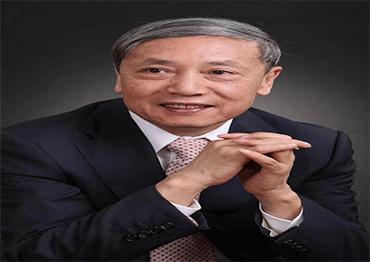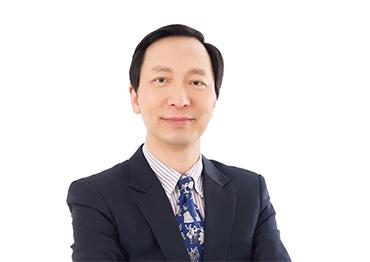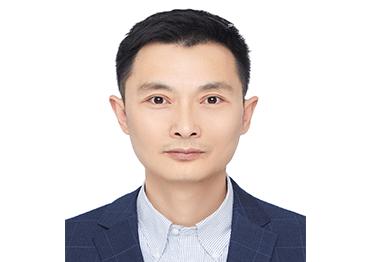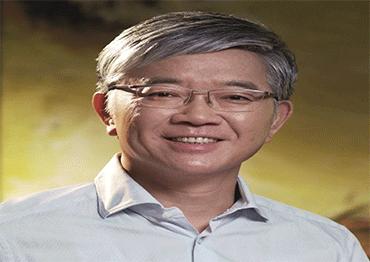“The emergence of high-quality micro-dramas shows that stories that used to take 40 episodes can now be told in just12. This means parts, or even entire plots, can keep viewers engaged without them wanting to fast-forward.”
Yan Jiangang, director and judge for the Magnolia Award for outstanding TV series at the annual Shanghai International TV Festival, speaking at the event in late June
“When Nordic countries first established their welfare states, they highlighted ‘decommodification’ in their institutional designs. This means weakening labor as a purely private element and strengthening the social rights and interests of workers and their families. As AI’s ‘job destruction’ increasingly outweighs and outpaces ‘job creation,’ the approach of Nordic countries is becoming even more crucial.”
Cai Fang, chief expert with the Chinese Academy of Social Sciences, on AI’s impact on employment for financial news portal Yicai in June
“Given electric vehicles are key in driving the global shift toward low-carbon lifestyles, having subsidies for EVs is better than none at all... If the world’s major countries could negotiate on coordinated subsidies and carbon emission taxes for the production of EVs from the perspective of climate change management, the world would be a better place.”
Wei Shangjin, finance professor at Columbia University, commenting on the EU’s recent announcement to increase tariffs on EV imports from China for journal Fudan Financial Review
“No matter what triggers insufficient demand, it will create a vicious cycle of declining income, reduced spending and tightened credit. Breaking out of insufficient demand hinges on breaking this vicious cycle. Both domestic and international experience show that as long as we implement counter-cyclical policies effectively and use greater force than the market expects, we will overcome insufficient demand.”
Zhang Bin, deputy director of the Institute of World Economics and Politics, Chinese Academy of Social Sciences, writing for Party newspaper Study Times on June 26
“The key to better leveraging the role of government is to fully harness the power of the market. This means using the government’s hand to stimulate vitality and restart the temporarily seized market rather than having the government squeeze or even replace it.”
Liu Xiaochun, deputy director of Shanghai Finance Institute, writing for the 21st Century Business Herald in early July
“For China, handling current relations with the US means focusing on long-term trends while making the most of short-term cycles. Focusing on long-term trends involves being fully prepared for protracted, complex and intense China-US competition, and being ready to counter US containment and pressure policies. It also means continually enhancing the ability to safeguard national sovereignty, security and development interests. Making the most of short-term cycles means seizing opportunities when the bilateral relationship is eased and improved, promoting constructive exchanges, guiding US policy toward China, addressing China’s concerns and reducing the turbulence and risks in bilateral relations.”
Wu Xinbo, director of Institute of International Studies at Fudan University, writing for journal International Studies in June
“Excessive competition serves as a wake-up call, highlighting the need to address the deeply concerning issues facing families today. These issues, including childbirth, parenting, education, employment, healthcare and elder care, were not given enough attention during our economic development and have now become some of society’s most pressing problems. The intensifying competition in education, for example, can significantly reduce birth rates. All of these problems will impact China’s long-term economic development, and the government must invest money in resolving them now.”
Zhang Jun, director of the School of Economics at Fudan University, appealing to the government to shift from project investment to services for families, at an economics forum held by NetEase in Shanghai in early July
“University education is not the same as vocational training. A crucial part of the former is cultural enrichment. Universities do not only provide instruction, but also education. A good university is vital to shaping a person’s character, qualities and abilities, something that cannot be achieved simply by choosing a [popular] major.”
Teacher X, a columnist for news portal guancha.cn, on choosing degrees solely based on employment prospects

 Old Version
Old Version




